When the U.S. Supreme Court struck down affirmative action in college admissions in June, many felt that, for the first time, all Americans, no matter who they were, would have an equal chance of being judged on their merits, not the color of their skin. But in some cases, the Supreme Court decision became nothing more than an obstacle, something that must be gotten around to continue giving certain groups of people a leg up over others. While affirmative action is now forbidden at America's universities, in other places, not only is it still happening, they are not even trying to hide it. Those places would be some of the nation's top law firms.
The firms are some of the most prestigious in the country and routinely top the lists of elite law firm rankings.
— Aaron Sibarium (@aaronsibarium) September 12, 2023
While the terms of each program vary, all of them are vulnerable to civil rights lawsuits, lawyers said, especially after the SCOTUS affirmative action ruling.
At five of the top law firms in the country, there are diversity programs up and running that favor minorities or exclude white applicants altogether for fellowships, paid internships, and other professional opportunities. Two of those firms, Morrison & Foerster and Perkins Coie, were both sued last month over offering fellowships to only minority applicants. Other firms, including Wachtell Lipton, Winston and Strawn, Baker McKenzie, Sidley Austin, and Susman Godfrey, continue to use race-based criteria when considering applicants for those same professional opportunities. Legal experts say, however, that continuing these practices may come back to bite these firms in light of the Supreme Court ruling. Applicants who are denied opportunities could very well be lawsuits in waiting.
You might think that law firms would know better. Kenneth Marcus was the Assistant Secretary for Civil Rights at the Education Department in the Trump administration. He stated, "These law firms are all pushing the envelope." David Bernstein is a professor at George Mason University Law School, and went one further, observing:
I’d say that all of them violate Title VII and the 1866 Civil Rights Act, including the one that purports to be a scholarship, but is quite obviously an employment bonus.
So who is offering what? Wachtell Lipton and Baker McKenzie offer diversity fellowships to "underrepresented groups" in the form of summer associate jobs. Baker McKenzie adds on a $10,000 bonus. Susman Godfrey offers "students of color" a summer clerkship and a $3,000 bonus. The biggest winners in the ethnic lottery are at Winston and Strawn, which offers summer associates who happen to be "racial/ethnic minorities" a whopping $50,000 "scholarship." Sidley Austin offers a mentorship program preferably to "Black/African American, Latino/Hispanic, Asian, South Asian, Native Hawaiian/Other Pacific Islander, American Indian/Alaska Native, Middle Eastern/North African," or "multiracial" law students.
Great thread about the hypocrisy of big law firm’s engaging in racial & other discrimination in the name of diversity.
— Cerebral Political Perspectives (@informedviewer) September 6, 2023
Finally, it’s coming to a long deserved end . . . at least on paper. https://t.co/4EeugCqdTA
Do students and potential employees who are not minorities have any recourse against the possible illegality of the practices of these firms? The answer is yes, in the form of, ironically enough, racial discrimination lawsuits. In August, the American Alliance for Equal Rights (AAER), founded by Edward Blum, who was behind many of the cases that led to the Supreme Court decision, filed a discrimination lawsuit against Morrison Foerster for their exclusion of nonminority candidates from their programs. Just weeks after the suit was filed, Morrison Foerster caved and removed all references to racial preference from the program page of their website.
But the threat of discrimination lawsuits doesn't appear to be a deterrent to some firms, which are all on board with DEI no matter what. Jeanne Gills is a partner at Foley & Lardner in Chicago. She says law firms shouldn't be worried about a little thing like a Supreme Court ruling and should keep doing what they have been doing, saying, “If anything, they should double down on what they’re doing." She added that affirmative action practices are, of course, misunderstood and that they only benefit those who have been marginalized, noting:
They benefit everyone. When we bring a diversity of thought, leadership, and experience, it allows us to think differently about how to create opportunities and solve problems.
Picking winners and losers based on race may be harder for some law firms than others to quit. Some may not welcome the fight, while others are convinced it is a righteous one. David Morenoff is the executive director of the American Civil Rights Project. He says that some firms may find loopholes like not requiring fellowship or internship applicants to be employees. He says, however, that Wachtell Lipton's program is "clearly illegal." But if more nonminority applicants file discrimination lawsuits, a new law school course may just be invented, defending the notion that discrimination should be fought with more discrimination.


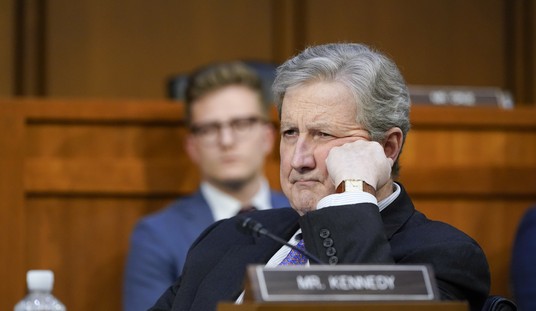
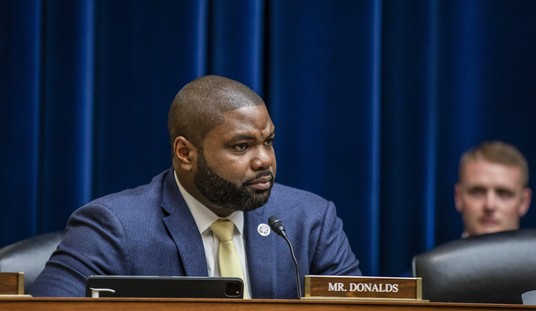




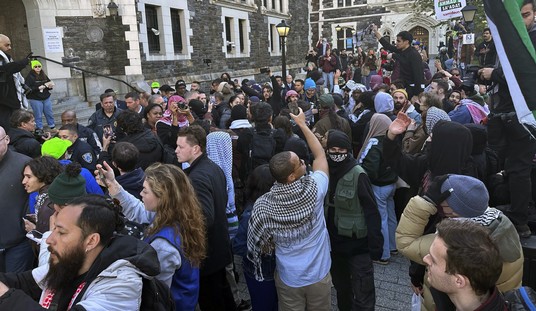


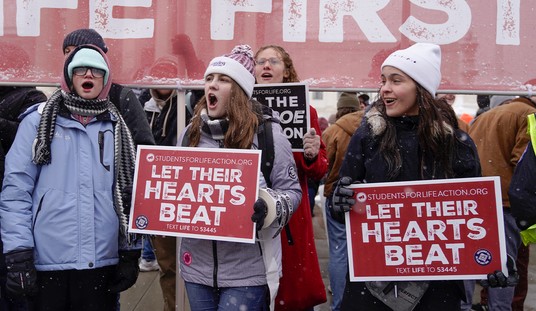
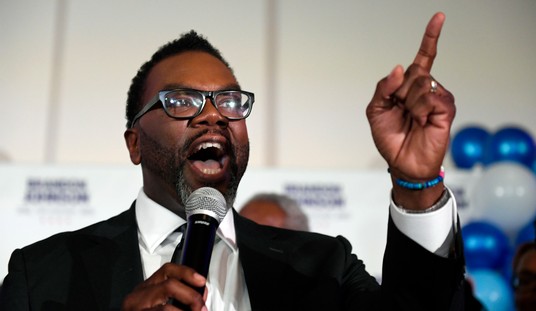


Join the conversation as a VIP Member